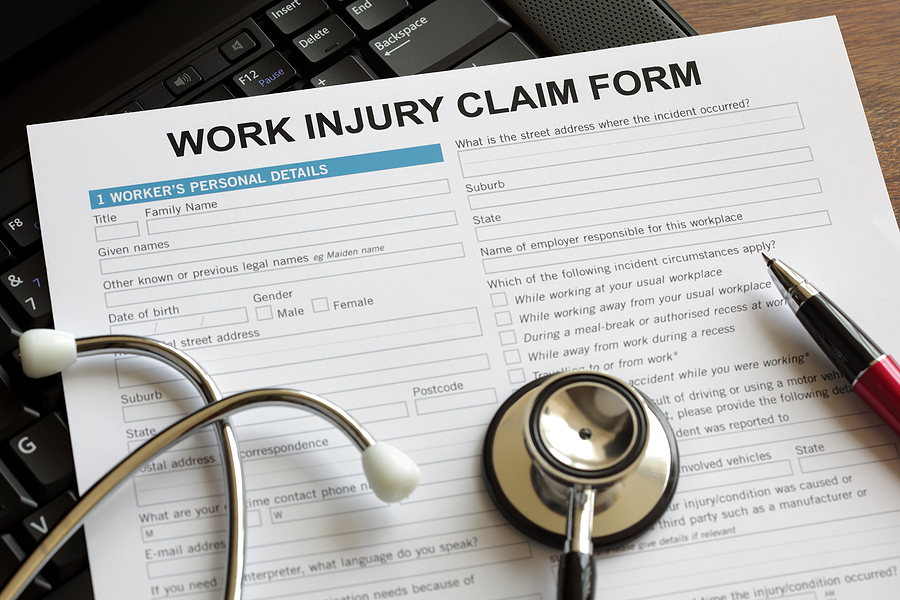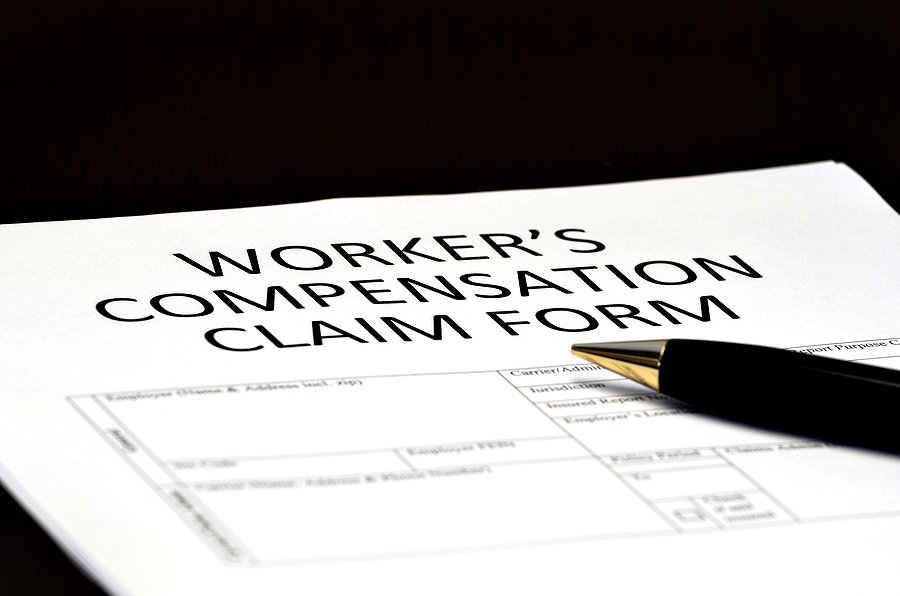Introduction
A city as large as Chicago occupies nearly 234 square miles of land, making it the third largest in the country. It is famous for its impressive architecture, museums, clean streets, and lake Michigan among its many attractions. Chicago and its surrounding areas are home to numerous industries, including manufacturing and construction. The city’s economy is based mainly on these two sectors. As such, it’s not surprising that accidents at work happen quite often in Chicago and other Illinois cities, leading many people to file workers’ compensation claims.
The total number of injuries suffered in 2018 was 22,143 in Chicago; this number has decreased since 2013. According to private industry reports, approximately 106,900 nonfatal workplace injuries or illnesses occurred in Illinois in 2020, representing an incidence of 2.7 cases per 100 full-time equivalents.
In case you have suffered a workplace accident, you can hire a workers compensation attorney Chicago to help you with the lawsuit.
Below are some things you need to know about worker’s compensation law in Chicago, Illinois.
Workers’ compensation law allows workers to receive benefits and assistance with their medical expenses.
Workers’ compensation is a form of insurance employers in Illinois must carry. Suppose you have suffered an injury on the job. In that case, workers’ compensation allows you to receive financial assistance with medical costs and temporary disability pay while also providing support for any permanent disability that results from your injury.
Ability to file a worker’s compensation claim regardless of who was at fault for your injury.
Suppose you have suffered any injury while at work; it is vital to know that your employer’s workers’ compensation insurance can help cover your lost wages and medical expenses. Workers’ comp can even pay for funeral costs if the injury results in death.
One of the most common misconceptions about workers’ compensation is that employees cannot file a claim if they are partially at fault for their injuries. Employees partly responsible for their workplace injury will still receive benefits, but this may reduce the amount they receive. They may reduce it based on their responsibility for causing their accidents.
You are eligible for workers’ compensation if your job-related injury has caused disability, impairment, or loss of function.
The injury must be related to your job. For example, you can collect workers’ compensation benefits while working as a waiter at a restaurant if you slip on the wet floor and injure yourself. If you are injured while walking home from work and are not employed by any company or business, you will not be eligible for workers’ compensation benefits.
Finally, there is also something called “employer’s negligence,” which means that your employer did something wrong that caused your workplace injuries. Therefore, they would be responsible for paying for your medical treatment until the doctor deems you fully healed.
Employer negligence is often harder to prove because it requires proof of negligence on the part of an employer through evidence such as photographs or witness accounts from other employees who saw what happened before and after the accident occurred at the work site was reported.

Statute of limitations
It is essential to understand that you must inform your employer about a workplace injury or sickness as soon as possible. You should also be aware that state law requires you to file a workers’ compensation claim with the Illinois Workers’ Compensation Commission within 45 days after you are injured.
The Illinois Workers’ Compensation Act provides penalties for those who fail to comply with the notification and filing requirements. The penalties can sometimes include criminal prosecution, fines, or even jail time.
You also need to prove that your injury was caused by something that happened at work—this is called “legal causation” and refers specifically to how an injury occurred. Suppose there is no evidence of legal causation (i.e., what caused the accident). In that case, you may not receive benefits under your state’s workers’ compensation program because there would be no reason why they should pay them out on their dime if they weren’t responsible for causing it to happen in any way, shape, or form whatsoever!
Suppose you or any of your loved ones have been involved in a workplace-related injury; you must file for claims within 45 days. You can consider hiring a workers’ compensation attorney in Chicago to help you file your claim.
Conclusion
With the help of a lawyer and the law, you can get the medical attention you need, workers’ compensation, and other benefits you deserve.
Image Source: BigStockPhoto.com (Licensed)
Related Categories: Work, Legal, Reviews








